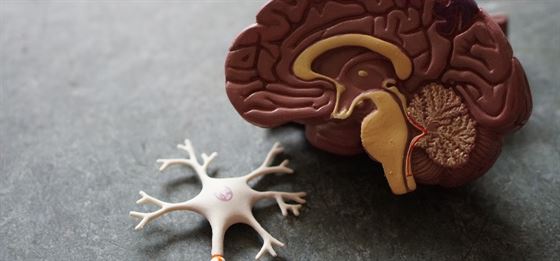
Teenage Stressors: Common Signs and Sources

Many teenagers have high levels of stress that affect their learning, relationships, and other aspects of their lives. According to data collected by the American Psychological Association for the Stress in America Survey, teens not only identify that their stress levels are unhealthy, but they also underestimate the impact stress has on their mental and physical health. The study further revealed that for teens, the most commonly reported sources of stress are school, getting into a good college or deciding what to do after high school and financial concerns for their family.
Stress can express itself in a variety of ways, and some of the signs of stress can be mistaken for typical teen behaviour. As a result, stress can creep up on teenagers. Hence, it's critical to know what to watch for:
- Changes in emotions: Your adolescent may appear agitated, nervous or depressed. Keep an eye out for any changes in their conduct.
- Physical changes: Teens who are stressed are more prone to get sick, with headaches, stomachaches, and other aches and pains.
- Behavioural changes : Abnormalities in eating or sleeping patterns, as well as avoidance of typical daily activities.
- Cognitive Abnormalities :Reduced concentration, forgetfulness and carelessness.
Typical Stressors in Teenagers
Each teen is unique and stress can be brought on by a variety of circumstances. According to the findings of the Stress in America Survey, there are some prevalent sources of stress among teenagers -
1. Academic Stress
Teens face a lot of school-related stress, from grades to test scores and college applications. Many teenagers are concerned with achieving academic requirements, pleasing their teachers and parents and keeping up with their peers. Academic stress can also be caused by poor time management skills or a feeling of being overwhelmed by the quantity of work.
2.Traumatic Experiences
The death of a family member or friend, accidents, illness or being subjected to mental or physical abuse can all have long-term effects on a teen's stress levels. As a result, they experience high levels of emotional, psychological and physical distress that temporarily disrupts their ability to function normally in day-to-day life.
33Significant Life Alterations
Teens, like adults, are stressed by substantial life transitions. For a maturing teen, not knowing how to cope with major changes like moving or starting a new school or changes in their family structure (including divorce and blended families), can be overwhelming and confusing.
4. Family Strife
Stress spreads throughout the family, and everything that affects the family can influence the teen. Unrealistic expectations, marital issues, difficult sibling relationships (including sibling bullying), family illness, and financial hardship can all contribute to an increase in teen stress.
Sometimes, these stressors can overwhelm your child's ability to cope. That's when they may show signs of withdrawal or depression or even resort to self-harm. Waiting to see if these problems go away is a bad idea because these problems are likely to get worse without professional help. It's normal to experience a wide range of emotions, ranging from regret to guilt when thinking about getting professional help. Don't let those emotions get in the way of getting your teen the professional counselling that can help get their life back on track.
Articles
Build your awareness and get inspired with our researched articles on how you can strengthen your well-being
Popular Topics
An OTP has been sent to the email address
provided.
Please check your Inbox and Spam folders.

What Would You Like to Speak with a Specialist About?
Mental Fitness Journey starts Now!
Chearful Connects you with Top-tier Qualified Wellness specialists for the Price of a cup of Coffee!

Next Steps
- A Client Team member will reach out to you to schedule a session with the most suitable specialist.
- You will receive an email with a 10% Discount Code* for your 1st session.
- We invite you to Explore the Platform & Sign Up today! *Upto a maximum of $10 discount on a session purchased




 2264 Read
2264 Read




.jpg)








.png)
.png)

.jpg)

.jpg)




.jpg)

































.jpg)

.jpg)
.jpg)
















































